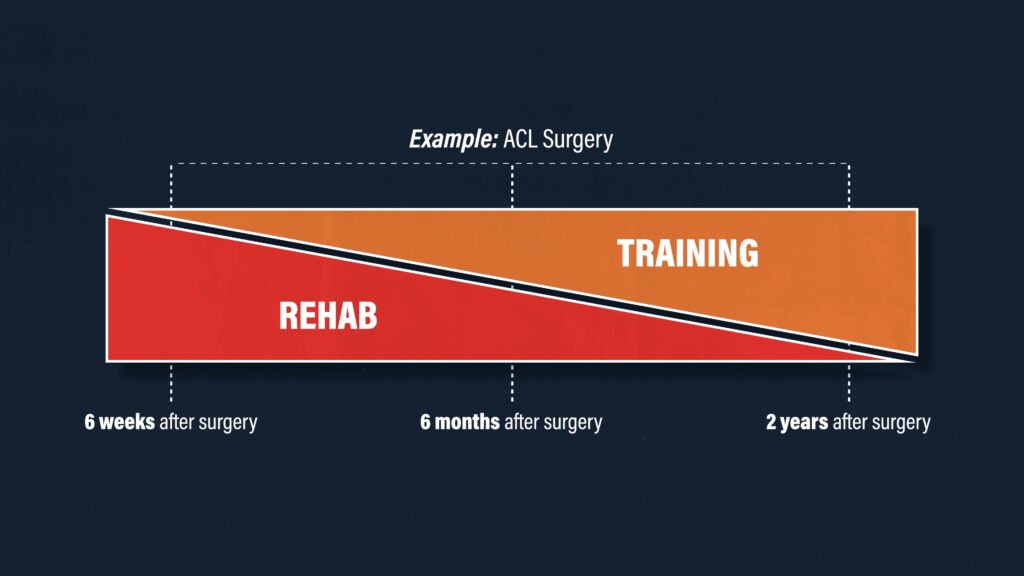
Mastering Health: Learning from Tiger Woods Part 3
Tiger Woods' journey to mastery in golf offers valuable insights into our quest for optimal health and wellness. By adopting the principles of apprenticeship, personalization, resilience, focus, intuition, and deliberate practice, we can navigate the complexities of health with the same grace and determination that Woods exhibits on the golf course. With deliberate practice, we can consistently make conscious choices that contribute to our well-being, whether in fitness or nutrition. Ultimately, we can master our health and live our fullest lives, inspired by Woods' example to strive for excellence in all areas of life.

Rehab is Training in the Presence of Injury
The philosophy of viewing rehabilitation as training in the presence of injury, introduced by Phil Glasgow, is a transformative approach to recovery that challenges the conventional understanding of healing. This approach encourages individuals to shift their mindset from loss to opportunity, focusing on what can be done rather than what can't. Embracing this philosophy empowers individuals to take control of their recovery process, fostering a sense of growth, learning, and transformation. It is a reminder that even in our most vulnerable moments, there's capacity for progress and purpose.

Movement Bottlenecks Unlocking Human Potential
Constraints-based learning is a framework that recognizes how motor skills emerge from the interplay between the individual, task, and environment. Skill acquisition occurs through exploring and exploiting the possibilities within these constraints.
Movement creates space, movement maintains the space, and space governs movement. Space is the ultimate prerequisite measure of movement potential. Space is the potential degree of freedom for movement possibility. Degrees of freedom are the ability to move freely without constraint.
